Ultima sigaretta- One last cigarette
Aron Ettore Schmitz (December 19, 1861 – September 13, 1928), better known by the pseudonym Italo Svevo, was an Italian businessman and author of novels, plays, and short stories, who converted to Roman Catholicism after marrying Livia Veneziani.
Born in Trieste (then in Austria-Hungary) to a Jewish mother, Svevo wrote the classic novel La Coscienza di Zeno (rendered as Confessions of Zeno, or Zeno's Conscience) and self-published it in 1923. The work, showing the author's interest in the theories of Sigmund Freud, is written in the form of the memoirs of one Zeno Cosini, who writes them at the insistence of his psychiatrist. The novel received almost no attention from Italian readers and critics at the time.
The work might have disappeared altogether if it were not for the efforts of James Joyce. Joyce had met Svevo in 1907, when Joyce tutored him in English while working for Berlitz in Trieste. Joyce read Svevo's earlier novel Senilità, which had also been largely ignored when published in 1898.
Joyce championed Confessions of Zeno, helping to have it translated into French and then published in Paris, where critics praised it extravagantly. That led Italian critics, including Eugenio Montale, to discover it. Zeno Cosini, the book's hero, mirrored Svevo, being a businessman fascinated by Freudian beliefs.
Svevo was a citizen of the Austro-Hungarian Empire until the end of the First World War. He spoke Italian as a second language and, according to some critics, wrote it badly - though some have pointed out that it is not bad Italian, but rather the official Tuscan dialect in a Triestino mouth.
Confessions of Zeno never looks outside the narrow confines of Trieste, much like Joyce's work, which never left Dublin in the last years of Ireland's time as a British colony. Svevo brings a keenly sardonic wit to his observations of Trieste and, in particular, to his hero, an indifferent man who cheats on his wife and lies to his psychiatrist and who is trying to explain himself to his psychiatrist by revisiting his memories.
There is a final connection between Svevo and the character Cosini. Cosini sought psychoanalysis, he said, in order to discover why he was addicted to nicotine. As he reveals in his memoirs, each time he had given up smoking, with the iron resolve that this would be the "ultima sigaretta!!", he experienced the exhilarating feeling that he was now beginning life over without the burden of his old habits and mistakes. That feeling was, however, so strong that he found smoking irresistible, if only so that he could stop smoking again in order to experience that thrill once more.
Svevo likewise smoked for all of his life. After being hit by a car while crossing the street, he was brought home, where his health rapidly failed. As death approached he asked one of his visitors for a cigarette, telling everyone that this really would be the last one (the request was denied).
(from Wikipedia)
Seriously, La coscienza di Zeno is one of the funniest books I've ever read. But I thought this last part was just terribly sad.
Here's a short passage:
<<15.4.>>. For those who don't know, those last two letters don't stand for United States but ultima sigaretta (last cigarette). It's the note I found inside a book on Positivist Philosophy by Ostwald which I spent hours on, full of hope, but which I never understood. No one would believe it but despite the way it was written that note records the most important event in my life.
«15. 4. 1890 ore 4 1/2. Muore mio padre. U.S.». Per chi non lo sapesse quelle due ultime lettere non significano United States, ma ultima sigaretta. È l'annotazione che trovo su un volume di filosofia positiva dell'Ostwald sul quale pieno di speranza passai varie ore e che mai intesi. Nessuno lo crederebbe, ma ad onta di quella forma, quell'annotazione registra l'avvenimento piú importante della mia vita.


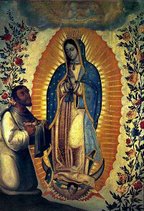



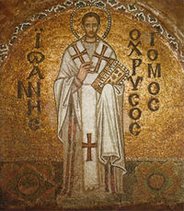
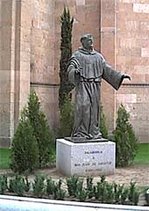

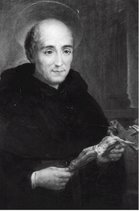
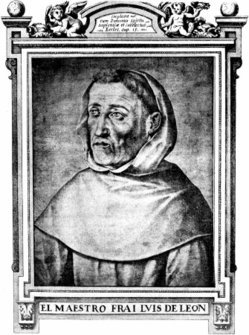





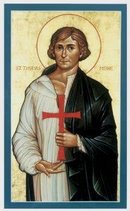
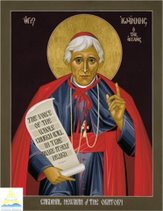




No comments:
Post a Comment